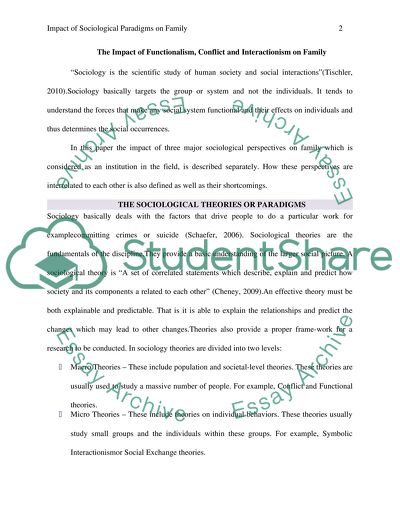Cite this document
(“The impact of functionalism,conflict and interactionism on family Essay”, n.d.)
Retrieved from https://studentshare.org/sociology/1442598-the-impact-of-functionalismconflict-and-interactionism-on-family
Retrieved from https://studentshare.org/sociology/1442598-the-impact-of-functionalismconflict-and-interactionism-on-family
(The Impact of functionalism,conflict and Interactionism on Family Essay)
https://studentshare.org/sociology/1442598-the-impact-of-functionalismconflict-and-interactionism-on-family.
https://studentshare.org/sociology/1442598-the-impact-of-functionalismconflict-and-interactionism-on-family.
“The Impact of functionalism,conflict and Interactionism on Family Essay”, n.d. https://studentshare.org/sociology/1442598-the-impact-of-functionalismconflict-and-interactionism-on-family.


